The Quiet Strength of Homecare Nursing
In this blog, we explore engaging ideas, useful tips, and fresh perspectives on a variety of topics. Whether you're curious, learning, or just browsing, there's something here for everyone.
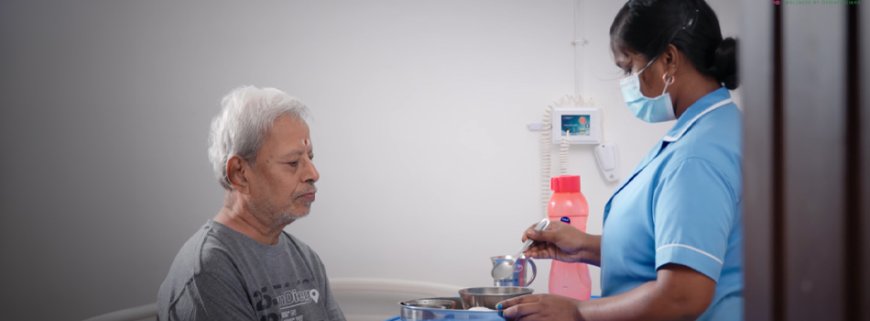
In the heart of every home where a nurse steps in, a quiet transformation unfolds. An elderly mother recovering from surgery finds not only a wound being dressed, but also her fears gently eased. A child with chronic illness begins to smile again as familiar routines return. A caregiver, once overwhelmed, breathes a little easier, knowing that they’re no longer alone.
This is the essence of homecare nursing: an intimate, compassionate, and highly skilled approach to healthcare that comes to the doorstep—not with white walls and machines, but with humanity, healing, and hope.
What is Homecare Nursing?
Homecare nursing is a specialized form of professional healthcare provided in a patient's residence. It blends the clinical expertise of hospital-grade nursing with the personalized touch of in-home care. These services are typically delivered by registered nurses (RNs), licensed practical nurses (LPNs), or trained home health aides, depending on the complexity of care required.
While traditionally associated with elder care or palliative support, homecare nursing today spans across post-operative care, chronic disease management, neonatal support, physical rehabilitation, mental health monitoring, and more. In a rapidly evolving healthcare ecosystem, where hospital stays are shortened and families seek quality care within familiar settings, homecare nursing is no longer a convenience—it’s a necessity.
The Human Side of Clinical Expertise
The true power of homecare nursing lies in its ability to combine medical precision with emotional intelligence. When a nurse enters a home, they are not just managing vitals or administering injections—they are stepping into someone’s personal story. A story that involves vulnerability, uncertainty, and the deep yearning for normalcy.
In these moments, the nurse becomes more than a caregiver. They become an educator, helping patients and families understand treatment plans. They become a confidant, lending a listening ear during difficult transitions. They become a silent guardian of dignity, ensuring that even the most routine procedures are carried out with empathy and respect.
Homecare nurses often witness the full arc of recovery—or the slow fading of life—in real time. Unlike hospital nurses who may rotate shifts or departments, homecare professionals develop relationships that span weeks, months, and sometimes years. This continuity builds trust and fosters healing that extends beyond the physical.
Why Families Are Choosing Homecare Nursing
The shift toward home-based care is driven by multiple factors. Aging populations are one. Families are no longer limited to institutional care options for their aging parents or relatives. With home care nursing, elderly individuals can age in place—surrounded by the familiarity of their belongings, the warmth of family members, and the rhythms of a home they know.
Another significant factor is the increasing prevalence of chronic conditions such as diabetes, hypertension, stroke, and cancer. Many of these conditions require long-term monitoring, medication adherence, dietary regulation, and wound care—all of which can be safely managed at home under the guidance of a skilled nurse.
Moreover, homecare nursing provides a cost-effective alternative to prolonged hospital stays or frequent outpatient visits. Families save on logistics and hospital charges, while also benefiting from personalized attention that hospital settings often cannot afford to offer due to patient load and staff limitations.
Finally, there's the psychological and emotional comfort of being in one’s own space. Healing, studies suggest, is often accelerated when patients are in a familiar environment, free from the stressors of institutional routines. Children, especially, show improved coping and compliance when treatments are delivered at home rather than in unfamiliar clinical settings.
The Many Faces of Homecare Nursing
Homecare nursing is far from one-size-fits-all. It evolves with the needs of the individual and the dynamics of the household. In one home, a nurse might be managing intravenous antibiotics for a young adult post-surgery. In another, she may be providing tracheostomy care and feeding tube assistance for a stroke survivor. Elsewhere, a diabetic patient may need daily insulin support and foot care, while a child with developmental delays might receive help with physiotherapy and medication routines.
There’s also postnatal and neonatal care, where new mothers are guided through the fragile early days of parenting, especially in cases of premature birth or complications. Mental health-focused homecare nurses monitor medication, encourage therapy compliance, and provide companionship for patients dealing with anxiety, depression, or dementia.
Palliative care nurses—perhaps the most emotionally taxing role within the homecare spectrum—offer comfort and dignity during the end-of-life stage, not just to the patient but to grieving families as well.
Each assignment demands a different set of skills, and yet the thread that binds them all is presence: the nurse’s unwavering presence in the lives of those navigating illness, pain, or uncertainty.
Behind the Scenes: The Challenges
Despite its invaluable contributions, homecare nursing isn’t without challenges. Nurses often work in unpredictable environments—homes that may not be clinically sanitized, families that may not understand medical protocols, and emotional settings that can be draining. They also carry the pressure of working alone, without immediate access to a team of doctors or emergency equipment.
Transport, safety during house calls, and professional boundaries are ongoing concerns. The emotional labor of forming bonds with patients who may deteriorate or pass away can be deeply affecting.
Moreover, the profession often suffers from under-recognition. Unlike hospital nurses, homecare professionals operate largely in isolation, away from public eyes, applause, or peer support. Their work doesn’t make headlines. It unfolds quietly—like a sunrise over a healing heart.
The Future of Homecare Nursing
Technology is reshaping the future of homecare nursing in promising ways. From remote patient monitoring tools and digital health records to mobile apps that allow real-time updates to physicians, nurses today are better equipped than ever to provide high-quality care in remote settings.
Tele-nursing, too, is gaining ground. Through video consultations and virtual assessments, nurses can now reach patients in far-flung areas or offer follow-up care without physical visits—while still maintaining a human connection.
Training and certification for homecare nurses is also being standardized, ensuring higher levels of competence and safety. More healthcare systems and insurance providers are acknowledging the importance of home-based care, leading to better policies, funding, and integration into the larger healthcare infrastructure.
More Than Just Care—A Calling
To be a homecare nurse is to be the bridge between clinical precision and emotional resilience. It’s to hold someone’s hand during the hardest nights, to celebrate small milestones like a wound closing or an appetite returning, and to silently honor the privilege of being invited into the sacred space of a home.
This profession isn’t just about skills and schedules. It’s about intuition. It’s about knowing when to speak and when to simply listen. It's about understanding that care doesn’t always mean a cure—but it always means presence.
Homecare nursing may never be glamorous. It may never fill stadiums or trends. But in thousands of homes each day, it brings dignity to dying, comfort to healing, and strength to the human spirit.
And in those quiet moments—where a nurse adjusts a pillow, checks a pulse, or softly says, “You’re doing just fine”—a kind of invisible heroism lights the room.






















































































































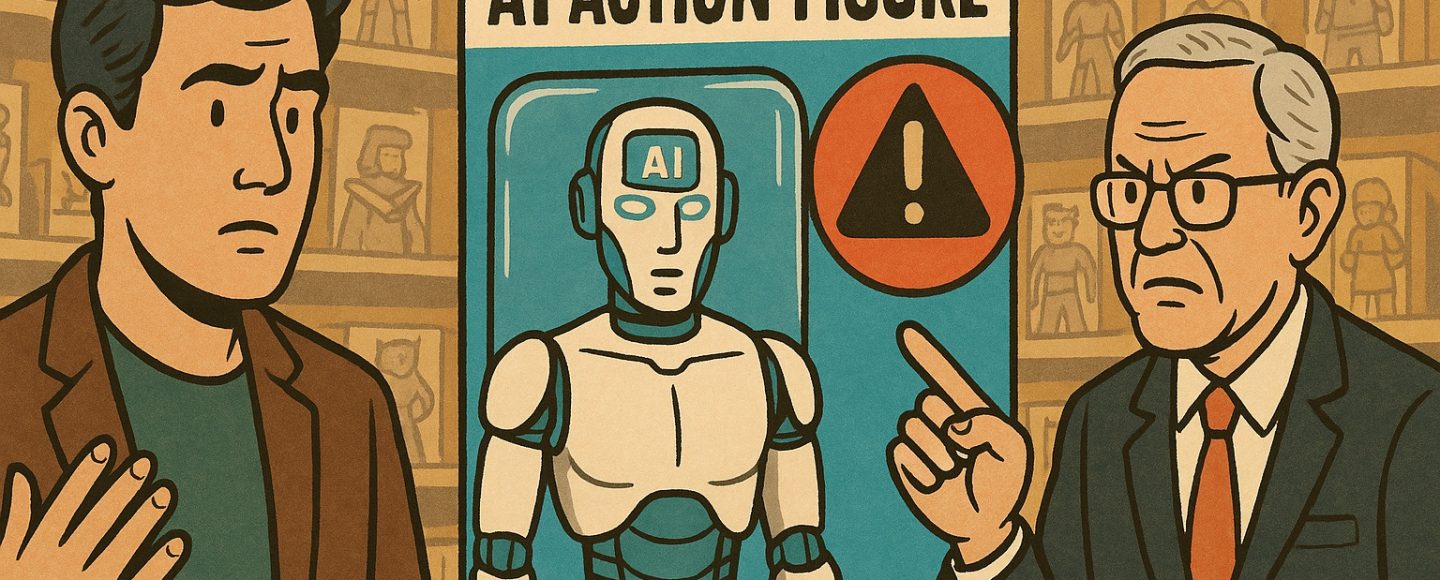


























![Top Features of Vision-Based Workplace Safety Tools [2025]](https://static.wixstatic.com/media/379e66_7e75a4bcefe14e4fbc100abdff83bed3~mv2.jpg/v1/fit/w_1000,h_884,al_c,q_80/file.png?#)































![[The AI Show Episode 152]: ChatGPT Connectors, AI-Human Relationships, New AI Job Data, OpenAI Court-Ordered to Keep ChatGPT Logs & WPP’s Large Marketing Model](https://www.marketingaiinstitute.com/hubfs/ep%20152%20cover.png)






















































































































![[DEALS] Microsoft Visual Studio Professional 2022 + The Premium Learn to Code Certification Bundle (97% off) & Other Deals Up To 98% Off](https://www.javacodegeeks.com/wp-content/uploads/2012/12/jcg-logo.jpg)



















































































































































































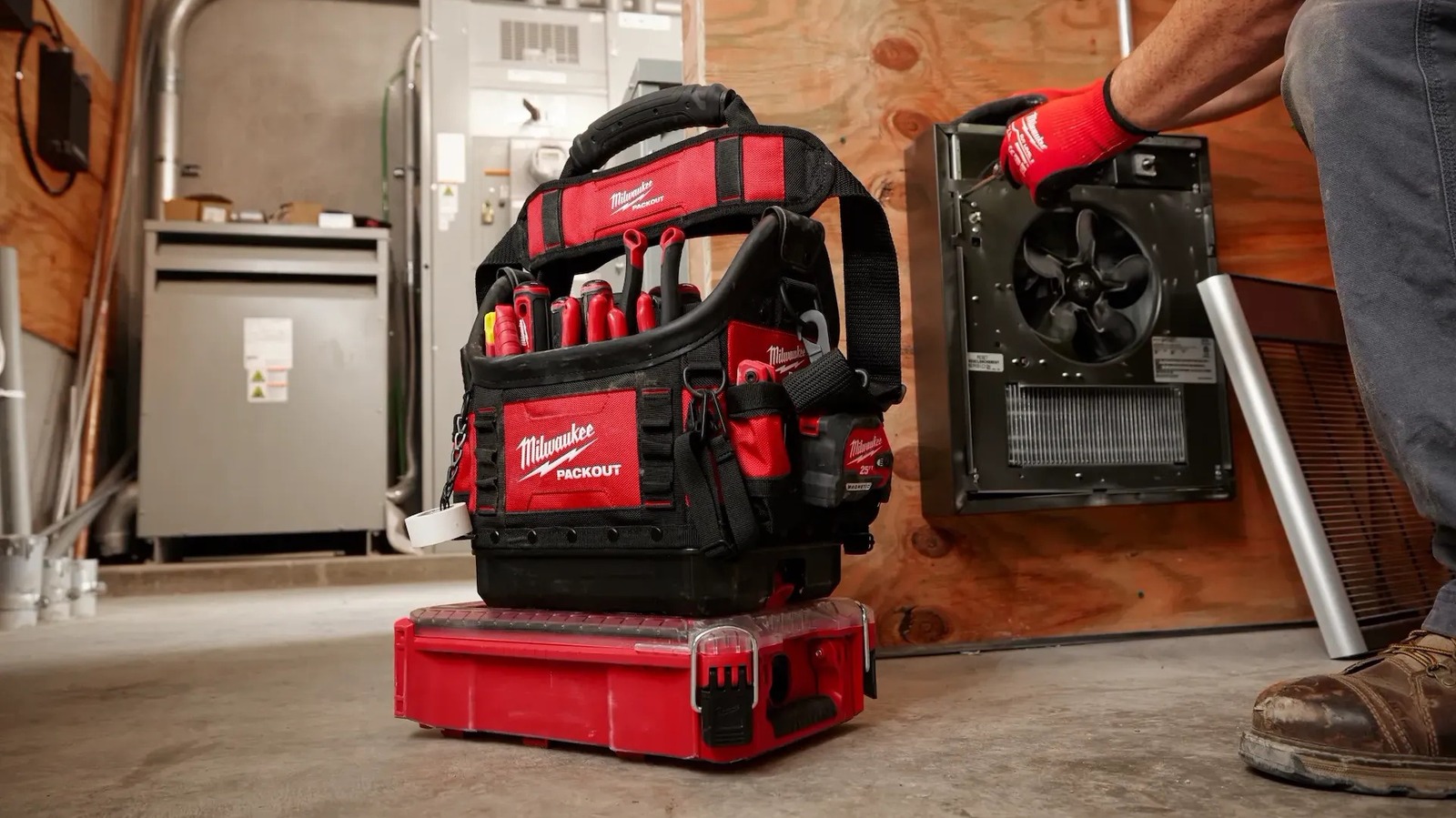













































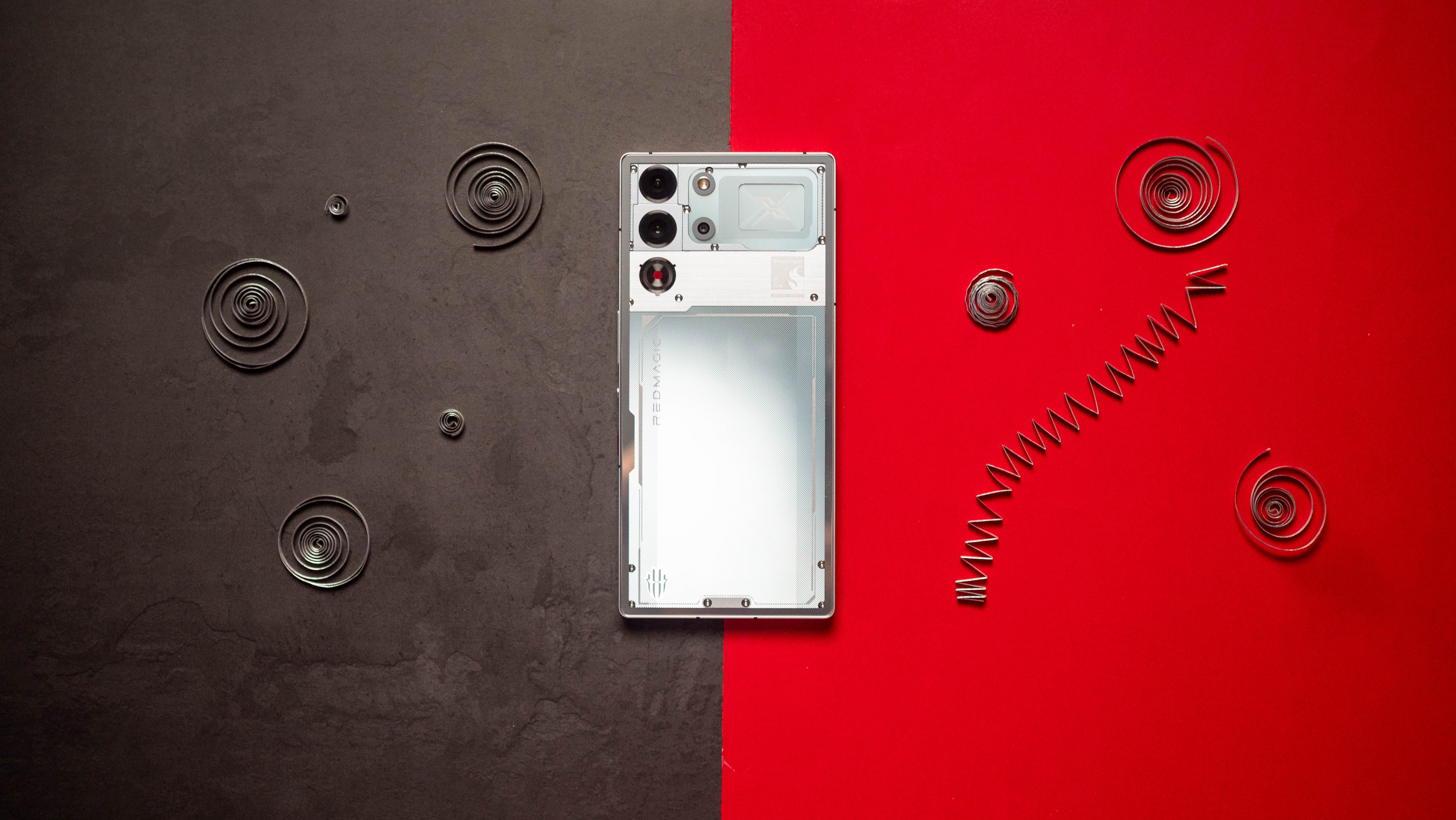


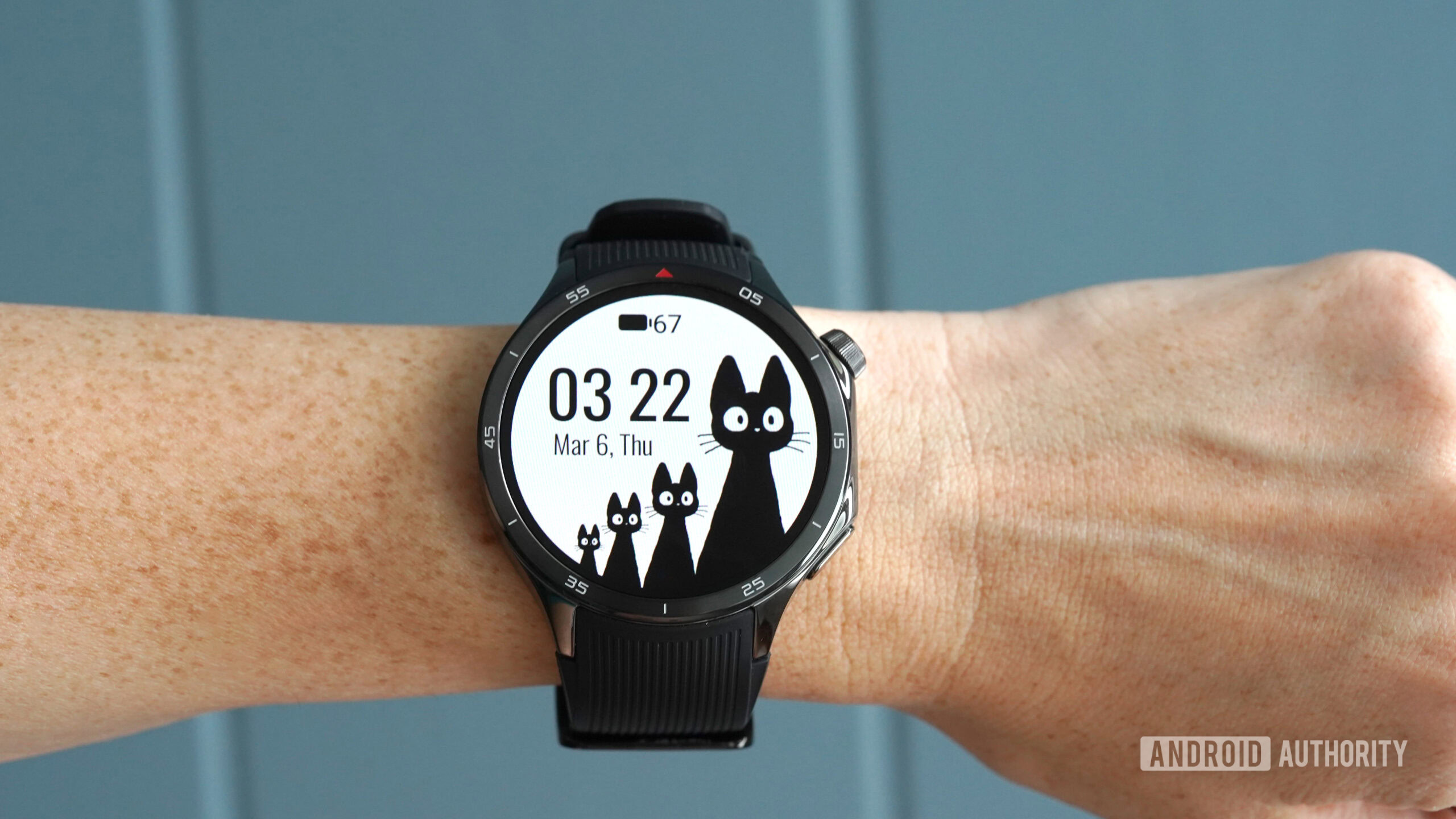


![PSA: Widespread internet outage affects Spotify, Google, Discord, Cloudflare, more [U: Fixed]](https://i0.wp.com/9to5mac.com/wp-content/uploads/sites/6/2024/07/iCloud-Private-Relay-outage-resolved.jpg?resize=1200%2C628&quality=82&strip=all&ssl=1)





















![Apple Shares Teaser Trailer for 'The Lost Bus' Starring Matthew McConaughey [Video]](https://www.iclarified.com/images/news/97582/97582/97582-640.jpg)

































































